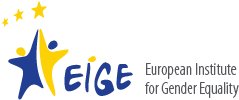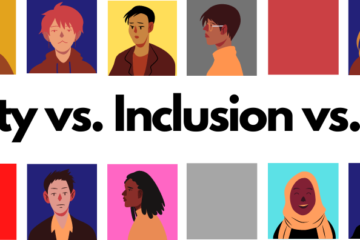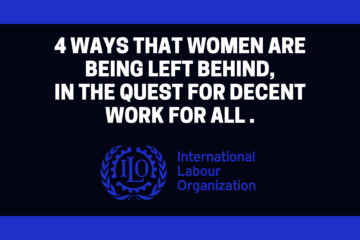UN Women and UNDP launch new COVID-19 Gender Response Tracker
The tracker was developed to spur action and offer important insights on what governments have done to protect women and girls from the negative impacts of COVID-19.
In the wake of the unprecedented social and economic crisis triggered by the global COVID-19 pandemic, it is clear that women and men are being affected unequally – by spiraling rates of domestic abuse, double or triple shifts of unpaid care and domestic work, as well as job losses, declining income, increasing poverty, and vulnerability for the 740 million women who work in informal jobs that lack basic social protection.
Governments around the world have mounted an extraordinary response, ploughing money into strengthening health-care systems, testing and track-and-trace systems; extending existing social protection; and measures to protect jobs. But, to what extent have these responses met the needs of women? The new COVID-19 Global Gender Response Tracker, launched today by UN Women and UNDP, aims to answer that very question.
The simple answer is that so far, the response has largely been inadequate to meet the scale of the challenge. However, on the bright side, many promising policies have been introduced that show what can be done.
The Gender Tracker captures more than 2,500 policies and measures across three domains – violence against women and girls, women’s economic security and unpaid care work – in 206 countries and territories worldwide. UN Women and UNDP compiled the data in existing trackers, surveys and extensive research to collect this information, and used a specially developed methodology to assess the extent to which each policy response has addressed women’s needs, and is thus ‘gender-sensitive’.
Only 127 measures – 10% of all social protection and labour market measures taken in response to COVID-19 – are explicitly aimed at strengthening women’s economic security. This includes things like cash transfers or food assistance that directly target women. Positive examples include Argentina, where monthly payments of the Universal Child Allowance and the Universal Pregnancy Allowance were increased for 4.3 million people, with priority given to women. Togo, Egypt, Georgia and Morocco are among those that launched new emergency measures to support women entrepreneurs and informal traders with cash transfers, grants and subsidized credits.
Another 111 measures – 8% of all social protection and labour market measures – directly address unpaid care work. Australia and Costa Rica, for example, have ensured that childcare services remain open during lockdown to provide continued support to essential and other workers with young children. Canada, Spain and the Republic of Korea have introduced cash benefits for parents affected by school and daycare closures. Overall, however, with less than one-third of countries taking action to support unpaid care, and very few countries strengthening care services for children, older persons or persons with disabilities, the response is insufficient to address the severe care crisis that COVID-19 has catalysed.
Most gender-sensitive measures in the Gender Tracker focus on action to address violence against women and girls. Following the UN Secretary-General’s call to action for Member States to counter the “horrifying surge” in violence amid the COVID-19 pandemic, 135 countries have stepped up, introducing a total of 704 measures. Most of these aim to strengthen services such as helplines and shelters and ensure that courts continue to deal with cases. These countries recognize that as much as hospitals or schools, these are life-saving essential services that must be maintained, even under the most challenging of circumstances.
The overall number of measures that respond to violence against women and girls is heartening. But there is much more to do to ensure that these measures are informed by data on violence (so far, only 35 countries are doing this), and are an integral part of national and local COVID-19 response plans (only 48 out of 135 countries have taken this step, with very few adequately funding these measures). One positive example is Sweden, where additional funding – approximately €9 million (USD 10.5 million) – has been channelled to civil society organizations to support their work to address violence against women, children and LGBTIQ+ persons by intimate partners or family members.
Post originally appeared on UN Women



0 Comments